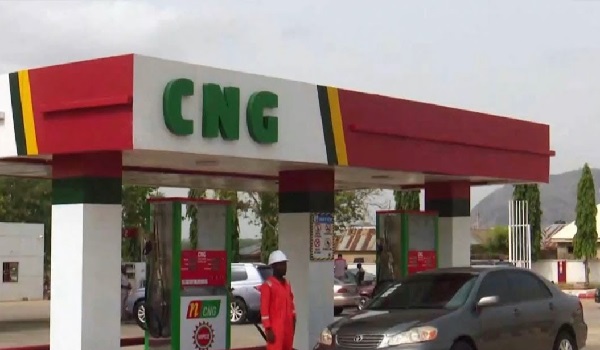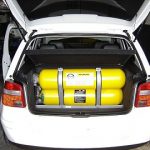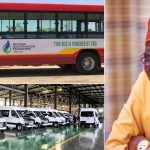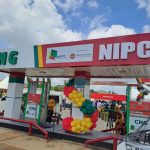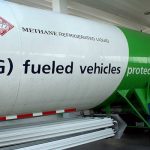Olugbenga Awe, an industry expert, has warned against the installation of makeshift Compressed Natural Gas (CNG) kits or welded tanks on vehicles. His advice comes in light of a recent explosion involving a CNG vehicle during refueling at a NIPCO Filling Station in Benin City, Edo State.
Awe expressed serious concerns regarding the safety of CNG systems, particularly highlighting the risks associated with improper installations, which can lead to leaks or explosions. He emphasized the need for the use of certified kits and tanks from reputable manufacturers until Nigeria can produce approved and certified systems that meet international safety standards.
“Strict adherence to safety standards, regular inspections, and education about safety practices can enhance confidence in CNG systems,” Awe stated. He acknowledged that converting petrol vehicles to CNG poses challenges due to inadequately equipped industry participants but asserted that with proper training for mechanics, Nigeria can progress towards energy independence.
“With proper training of mechanics, the use of quality CNG conversion kits and tanks, along with clearly established government standards, the industry can safely kickstart Nigeria’s quest for energy independence in the transportation sector,” he explained.
Awe cautioned against allowing unqualified individuals to install CNG kits, as this could lead to significant performance and safety issues. He advised that only certified technicians trained at Accredited CNG Training Centres should be authorized to install these systems in Nigeria.
Additionally, he urged the government to provide incentives or subsidies to offset the costs of conversion kits, tanks, and installation. He also recommended that local banks offer microloans with repayment periods of 24 to 36 months, enabling users to benefit from the savings associated with CNG refueling.
Awe acknowledged that the initial investment for conversion kits and installations can be prohibitively high for some individuals. He also addressed the challenge of limited CNG refueling infrastructure, advocating for the development of mother stations and the expansion of CNG refueling daughter stations across the country. He called for partnerships with existing fuel providers to improve accessibility for the public.
Regarding concerns that CNG vehicles may have a shorter driving range compared to petrol vehicles due to tank capacity, Awe suggested that installing larger tanks or dual-fuel systems could significantly extend the range, similar to practices in many countries worldwide.
On the topic of performance and maintenance, he noted that drivers might notice differences in how CNG vehicles perform and that these vehicles may require distinct maintenance practices. “Providing comprehensive training for mechanics and clear guidelines for drivers will mitigate these issues. CNG burns cleaner than regular petrol and is easier on the engine, thereby increasing the vehicle’s lifespan,” he added.
Awe concluded by advocating for standardized regulations and a clear framework for CNG vehicles to facilitate and streamline conversions in Nigeria.


